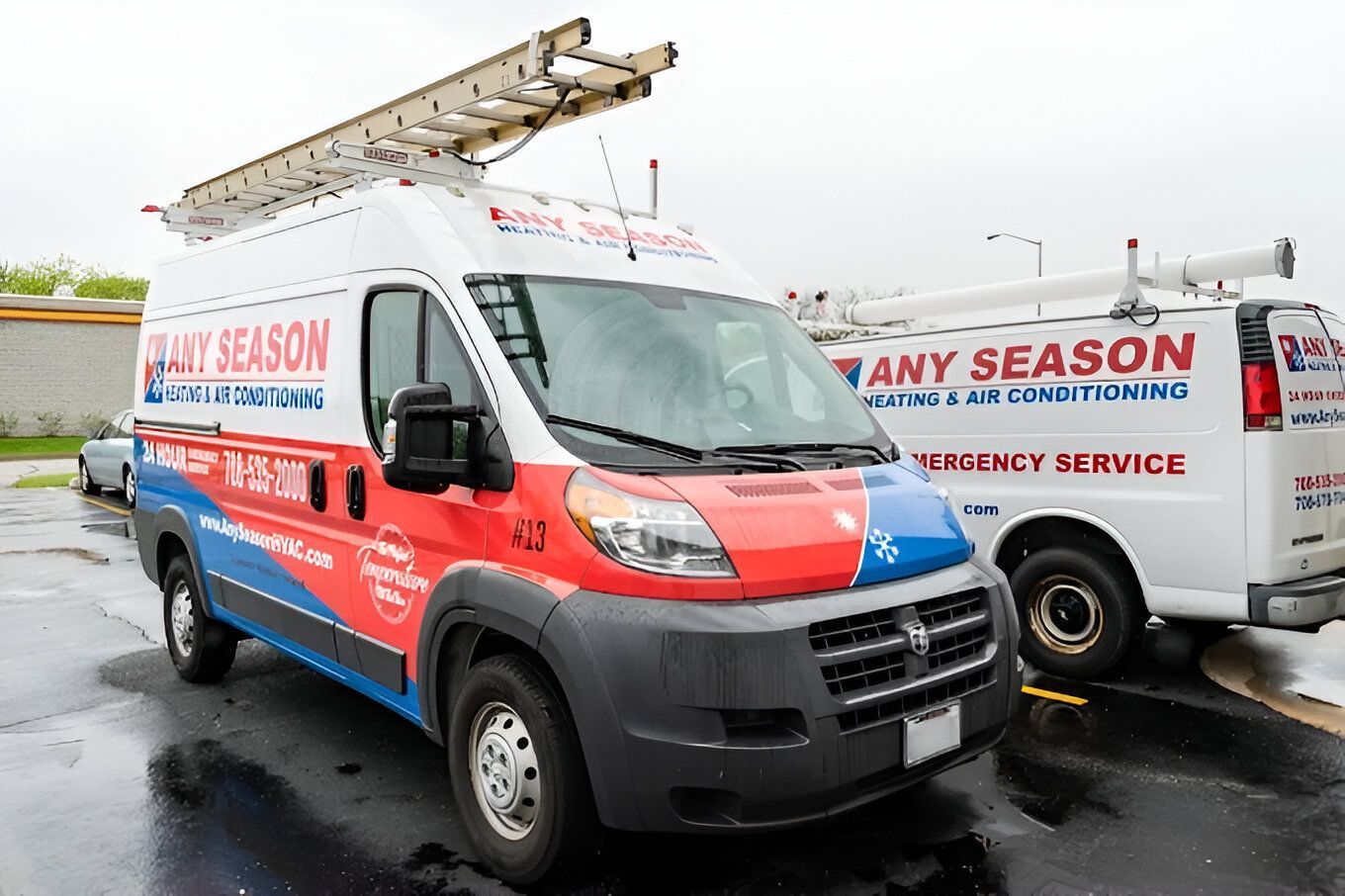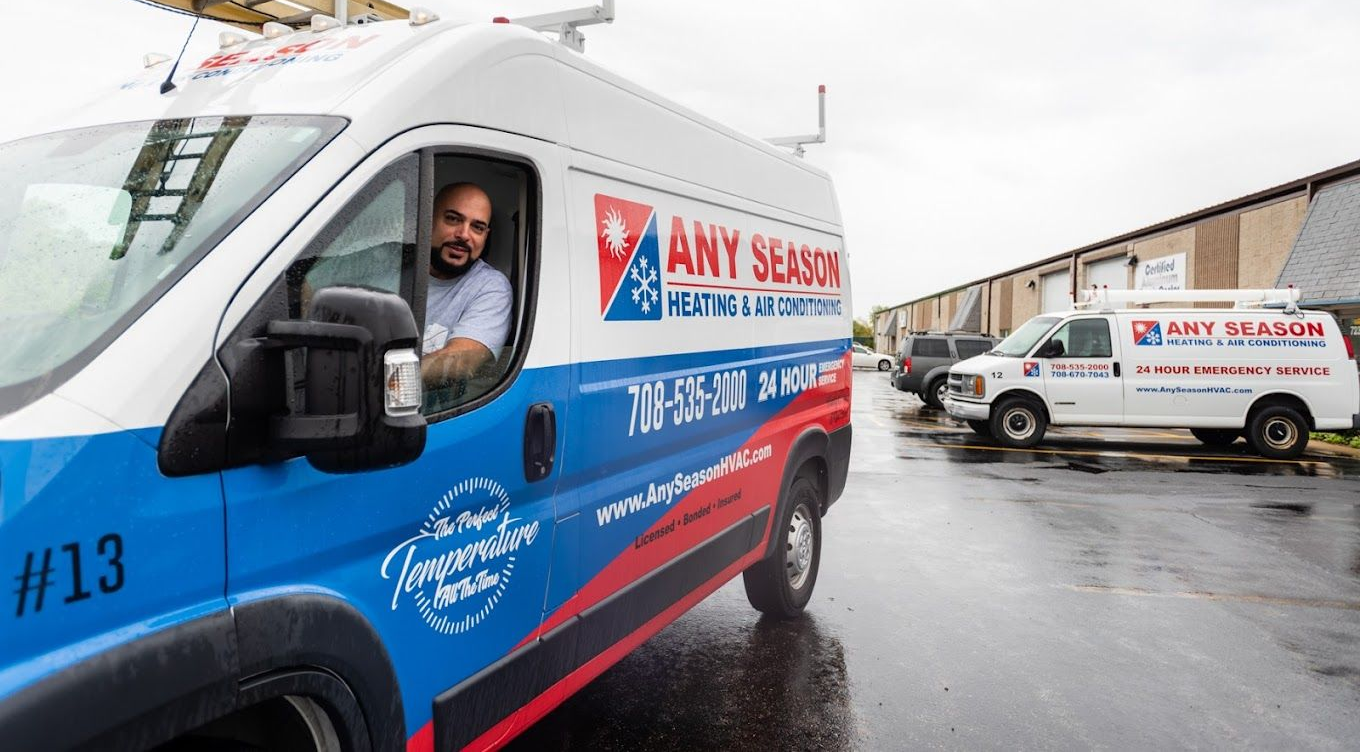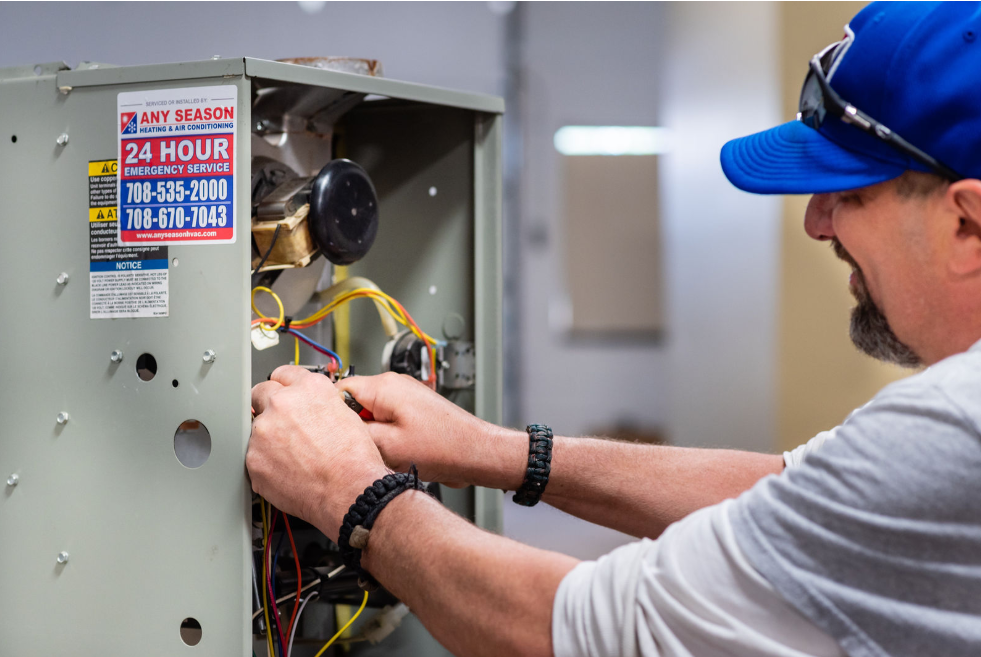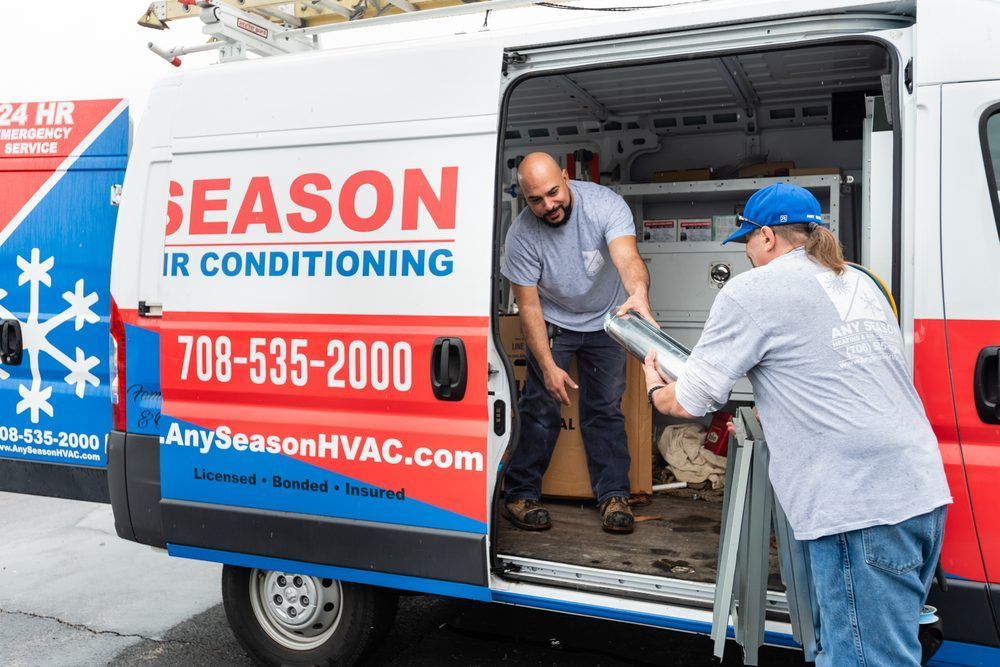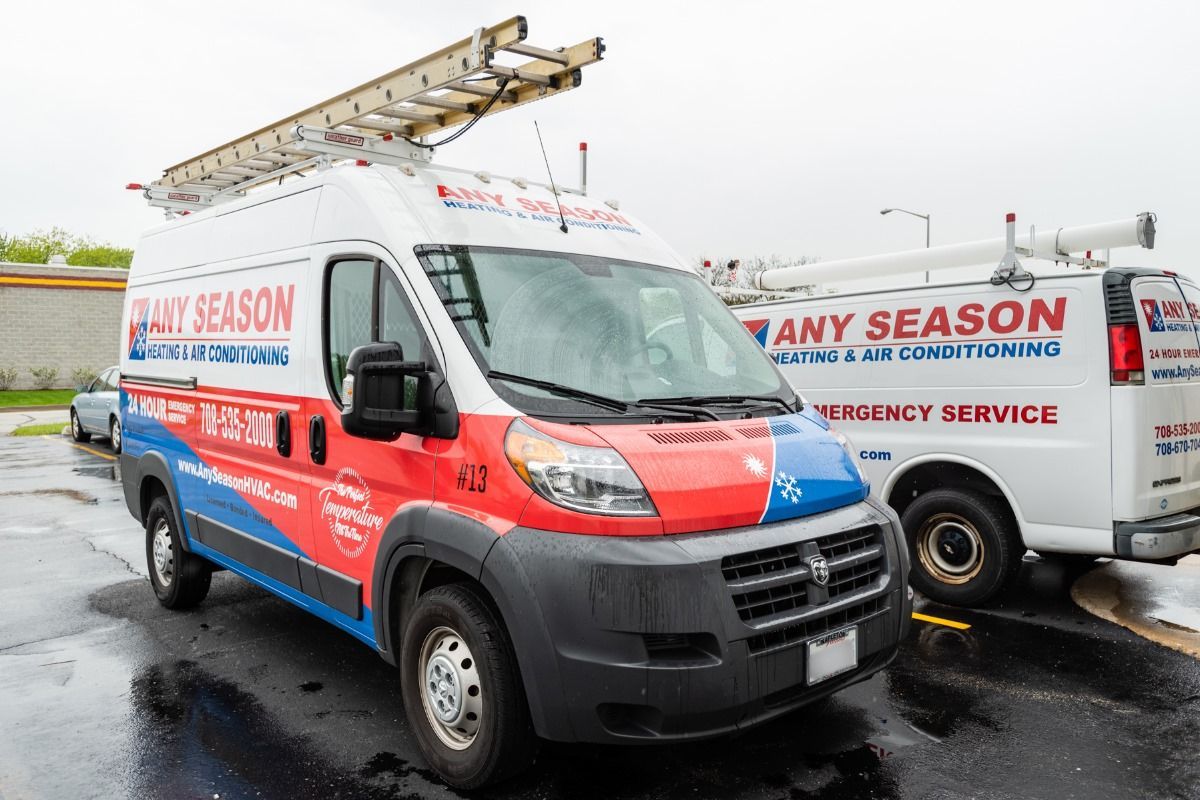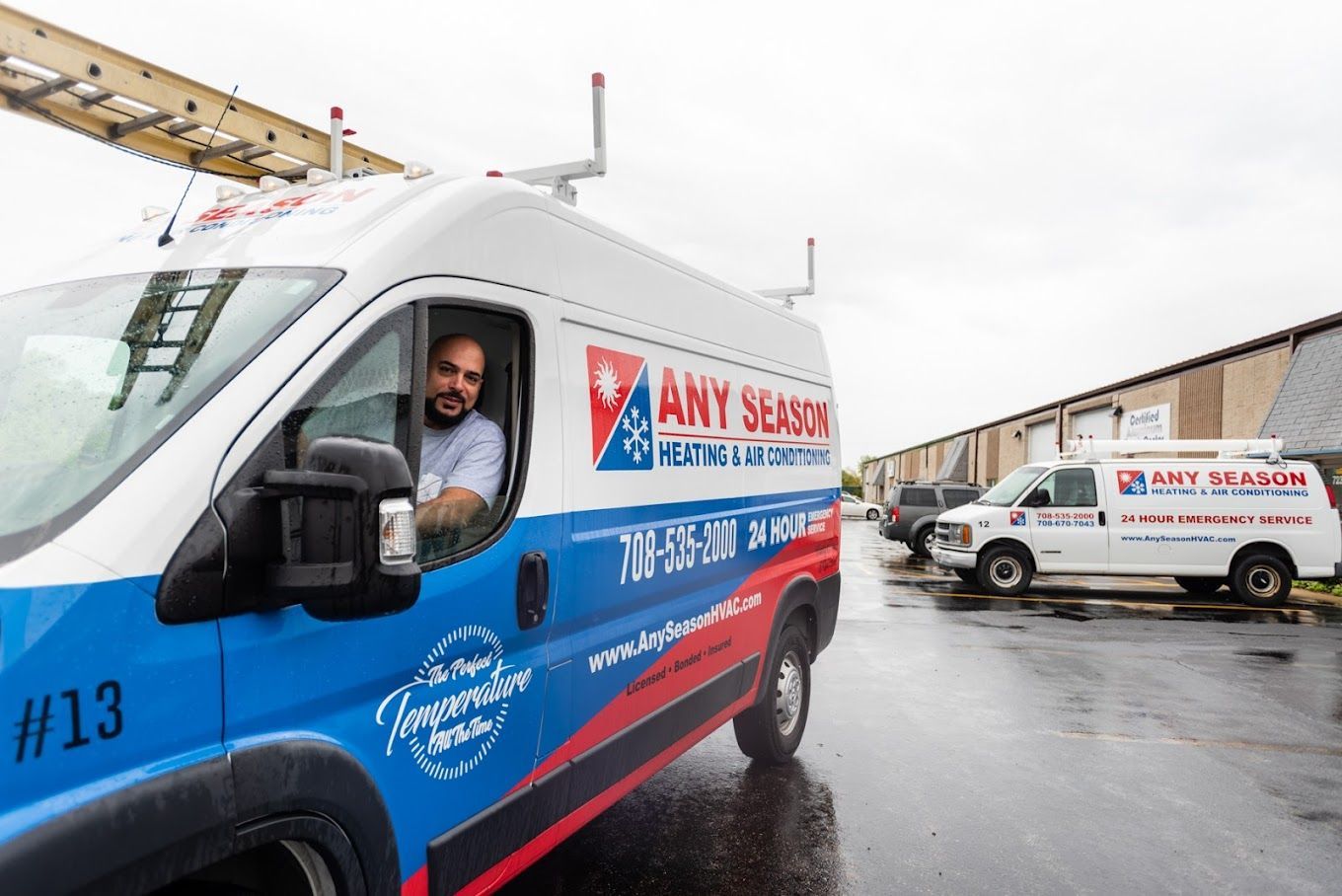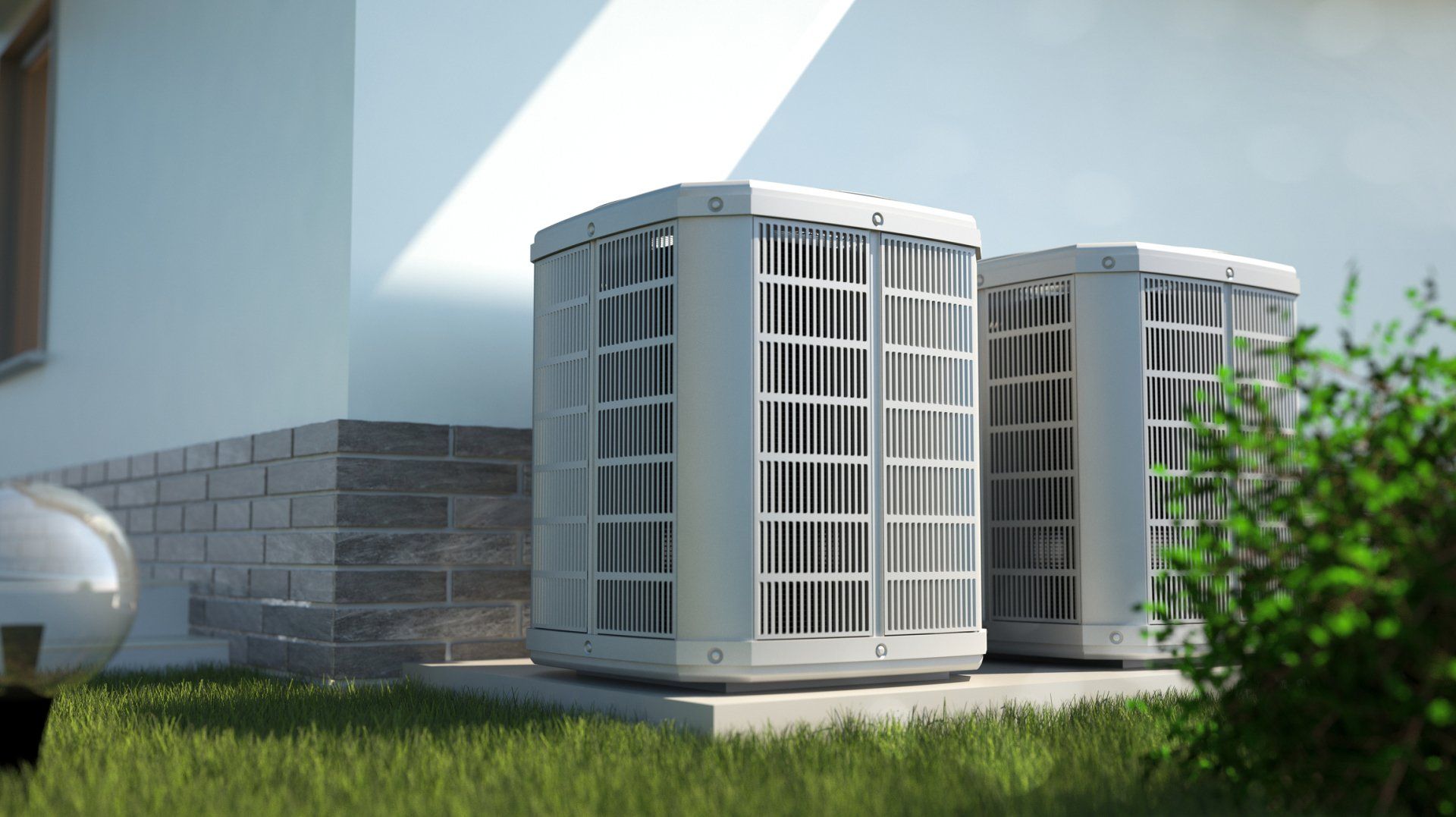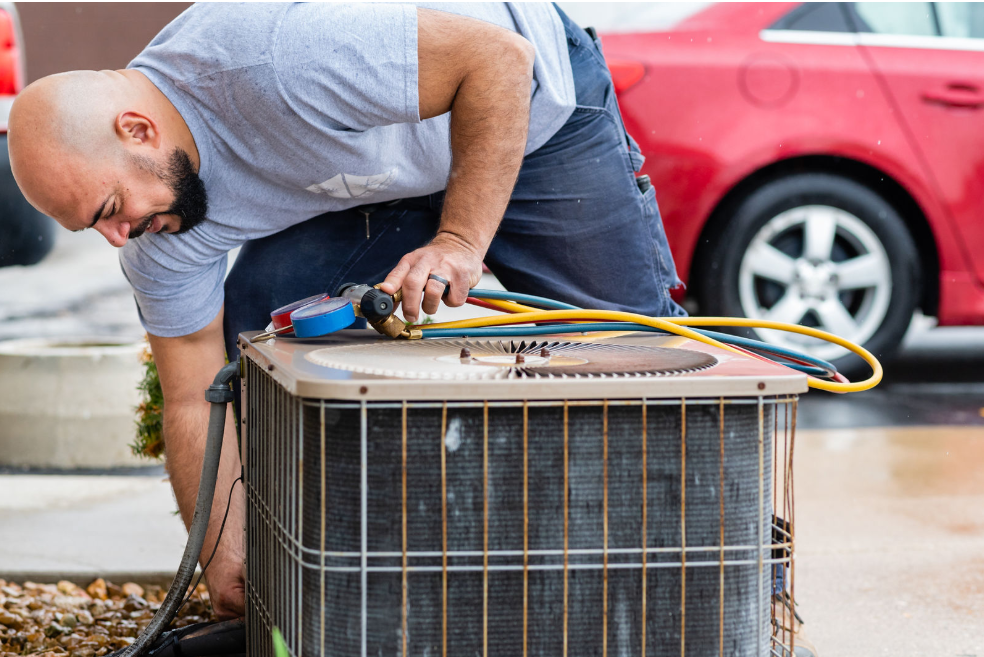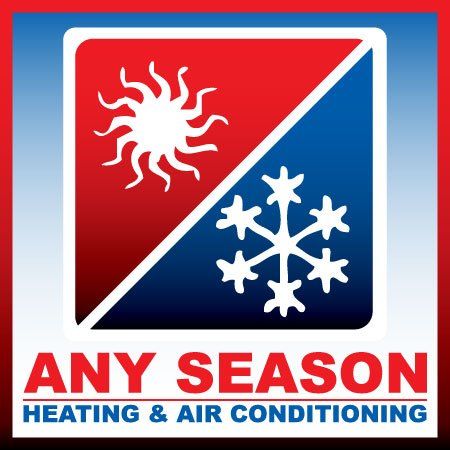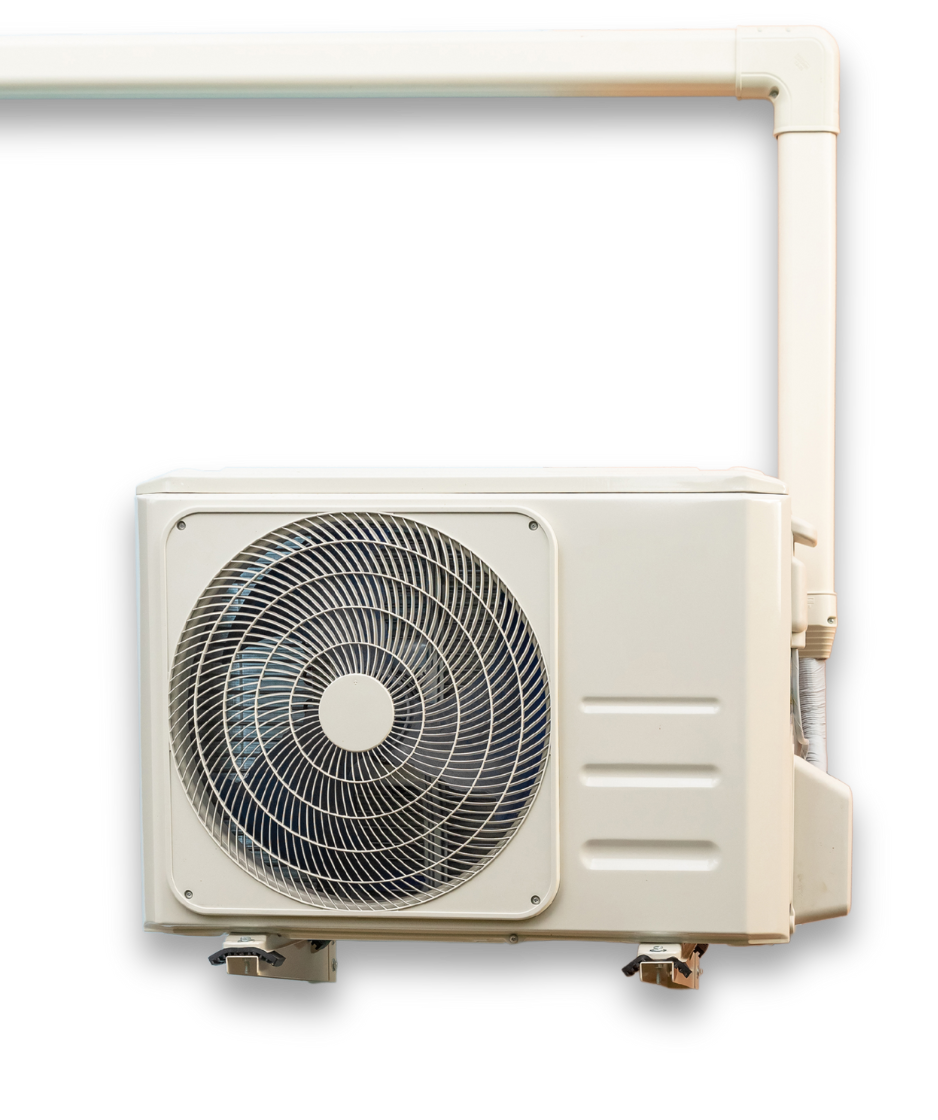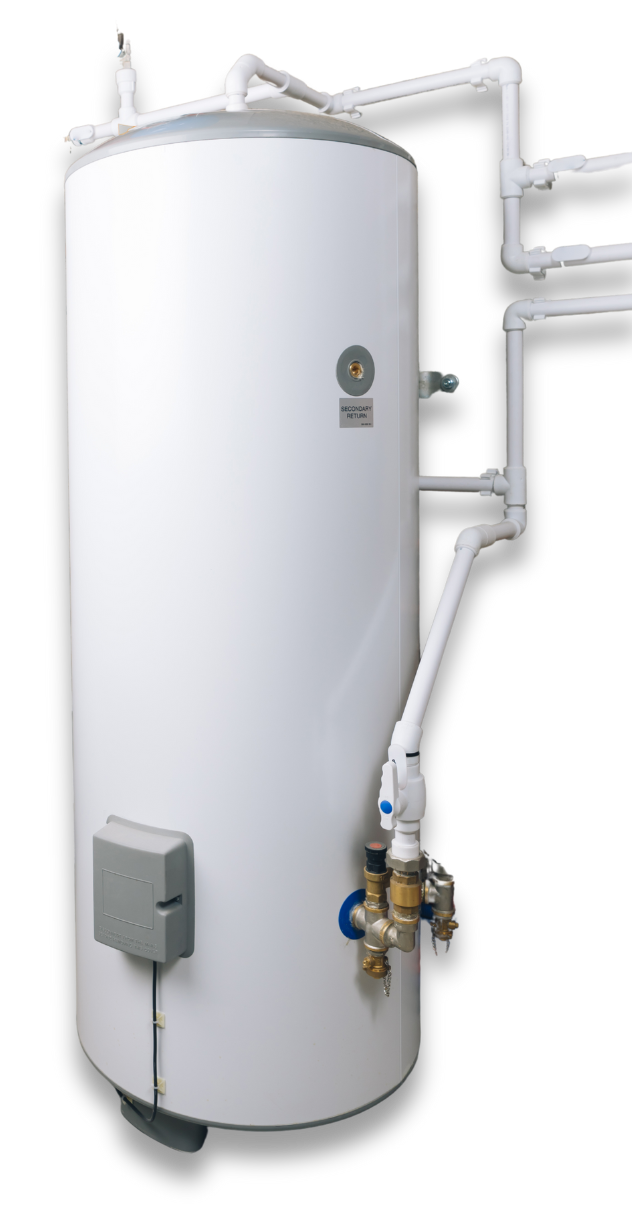Causes and Dangers of Inadequate Combustion Air for Furnaces
Any Season HVAC • March 21, 2022

Combustion furnaces need air to work. The furnace's make, size, and fuel type determine the volume of air it needs for efficient combustion. The furnace's and your home's design determines the combustion air available for the furnace. Inadequate combustion air leads to incomplete combustion with grave consequences.
Read on to discover the reasons and dangers of inadequate combustion air.
Causes
Anything that restricts the air available to the furnace can lead to inadequate combustion air. Some of the causes include the following.
Inadequate Intake Openings
Combustion furnaces can take air from outside or inside the house. For outside air intake, the design features intake openings that run outside the house to the furnace. The size and number of intake openings determine the air volume they carry. Inadequate combustion air ensues if the intakes are too small to carry the air volume the furnace requires.
Air Intake Blockage
Your furnace's air intake will be adequate as long as a professional HVAC contractor designs and installs your system. However, even an adequate system might become inadequate with time if something blocks the air intake. Debris, home modifications, and household objects can all block the openings.
Confined Installation
Furnaces that use indoor air need adequate space for efficient air circulation. For example, a furnace in a confined utility room without windows might not get adequate air, especially if you close the utility room's door.
Tight Building
Even for furnaces that use indoor air, the air must still come into the house via various openings. Air may flow into the house naturally or with mechanical ventilation. Buildings with tight envelopes require mechanical ventilation. Otherwise, the indoor air might not sustain the furnace.
Multiple Combustion Appliances
All combustion appliances need air to run. Multiple combustion appliances will compete for air if they all use indoor air. If you have a furnace, water heater, and fireplace, the indoor air might not sustain all the appliances.
Dangers
Inadequate combustion air is a serious problem with multiple effects. Some of the effects include the following.
Inadequate Heating
The furnace burns a mixture of air and fuel to generate heat. The right air-fuel mixture is necessary for the furnace to operate normally. Otherwise, the heat production reduces, and the furnace struggles to maintain comfortable temperatures throughout the house.
Energy Inefficiency
The right air-fuel mixture is necessary to burn all the fuel that the furnace draws. Inadequate combustion air leaves partially burnt fuel in the exhaust gases. Exhausting partially burnt fuel wastes fuel since the furnace must draw more to generate the heat it needs to heat your house. You might experience increased energy bills without a corresponding use of energy.
Carbon Monoxide Risk
Complete fuel combustion generates carbon dioxide (CO) as one of the major combustion byproducts. Incomplete combustion increases carbon monoxide (CO) generation. Some of the CO might leak and circulate in your house. Unfortunately, CO is a poisonous gas with multiple health consequences for animals and people.
System Damage
Lastly, inadequate combustion air forces the furnace to overwork to meet your heating demands. The furnace’s wear and tear increases if it overworks. Various parts of the furnace, such as the motor, thermocouple, and fan, might break down frequently due to the increased runtime. The frequent breakdowns will increase your furnace's running costs and shorten its lifespan.
Contact Any Season Heating & Air Conditioning if you suspect incomplete furnace combustion. The telltale signs include yellowish flame, excessive condensation, and increased soot production. We have over 25 years of experience in the HVAC industry. We also have a 24/7 emergency service to ensure you are never without heat irrespective of the time of the day.

